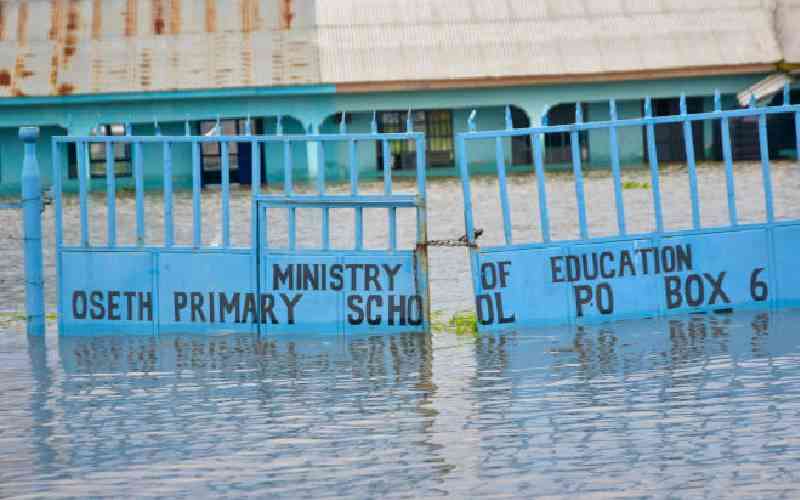
In the 2023/2024 Financial Year, the education sector received the second largest share of the government expenditure, with the government increasing its allocation to the sector by 15.5 per cent to Sh628.6 billion from Sh544.4 billion in FY'2022/2023. The allocation represented 4.3 per cent of the GDP, up from 4.0 per cent of GDP in Financial Year 2022/2023.
We urge that this amount be increased further in the 2024/2025 budget due to several factors. There has been increased enrolment in both early childhood development education, primary and secondary schools. The increase was necessitated by the 100 per cent transition policy.